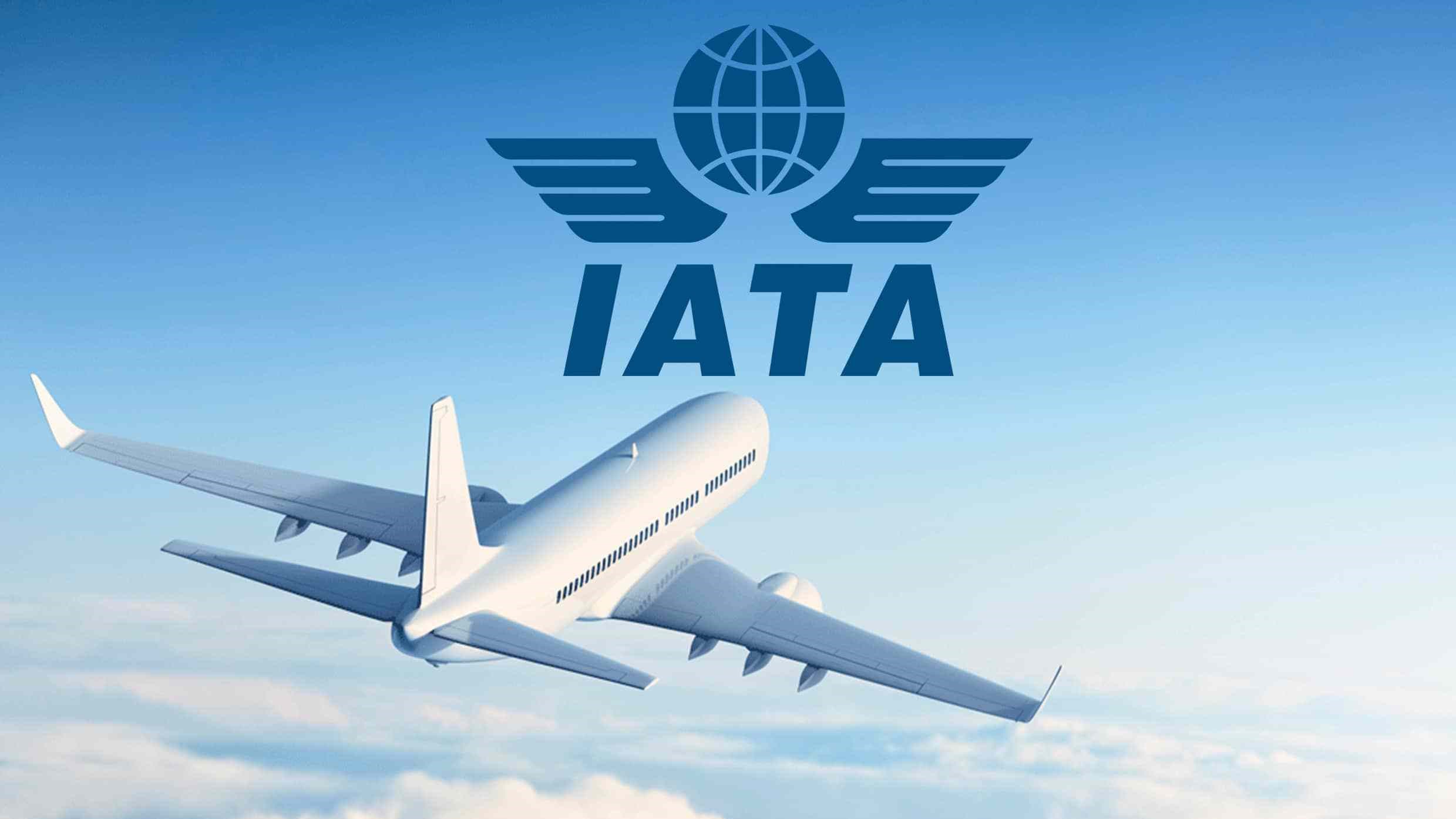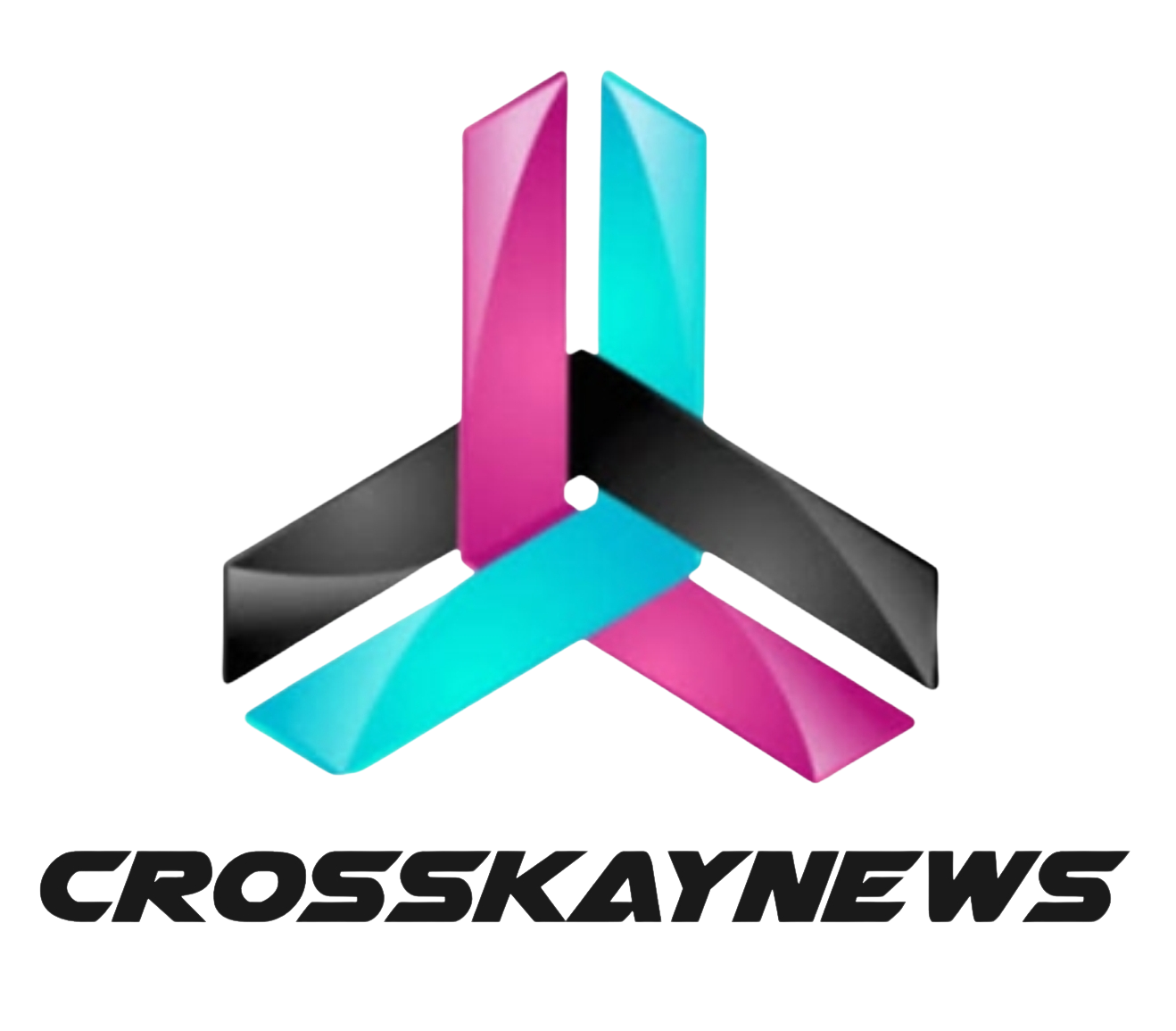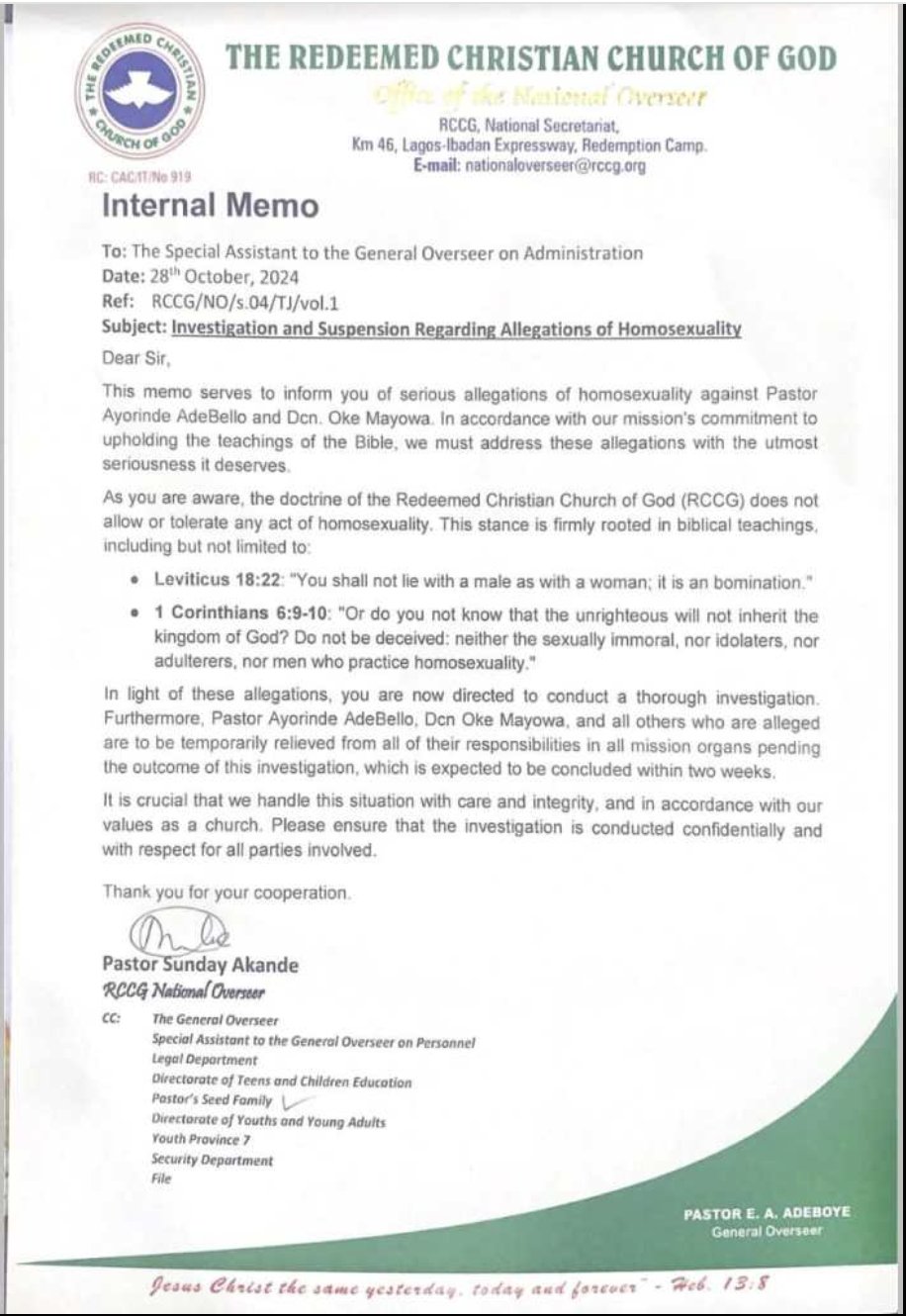
After reports surfaced indicating that IATA was responsible for the surge in exchange rates for international flight tickets in Nigeria, the organization issued a statement clarifying that it is not accountable for determining these rates. According to IATA, the exchange rates for such tickets sold in Nigeria are not determined by the organization, and therefore, it is inappropriate to refer to them as the "IATA exchange rate."
IATA explains that international flight fares from Nigeria are priced in US dollars and then converted into the local currency, the naira, for sale within the Nigerian market. This conversion process relies on the prevailing official exchange rate supplied by the country's financial system.
IATA's role is to apply the spot rate used by the Central Bank of Nigeria during its bi-weekly retail foreign exchange auctions, which determines the rate at which USD is sold to the market through banks. It's important to note that this exchange rate is not fixed and can fluctuate. Therefore, if the rate at which the Central Bank sells USD increases, the exchange rate applied to airfares will also rise, and conversely, if the rate decreases, the airfare exchange rate will follow suit.
Just a few days ago, it was reported that the exchange rates for international flight tickets in Nigeria had surged by 37.5% above the official rate of N461.1 per dollar, reaching N634.0 per dollar. As a result of this increase, international airlines that operate in Nigeria have substantially raised their airfare prices.
International flight airfares in Nigeria are priced in US Dollars, which are then converted into the local currency, Naira, for sale in the domestic market. The conversion process involves the use of the official exchange rate provided by the country's financial system. The International Air Transport Association (IATA) uses the prevailing spot rate at which the Central Bank of Nigeria sells USD to the market through banks at its fortnightly retail foreign exchange auctions. This exchange rate is subject to fluctuations, meaning that if the rate at which the CBN sells USD increases, the exchange rate applied to airfares will also go up, and vice versa.









Leave a comment